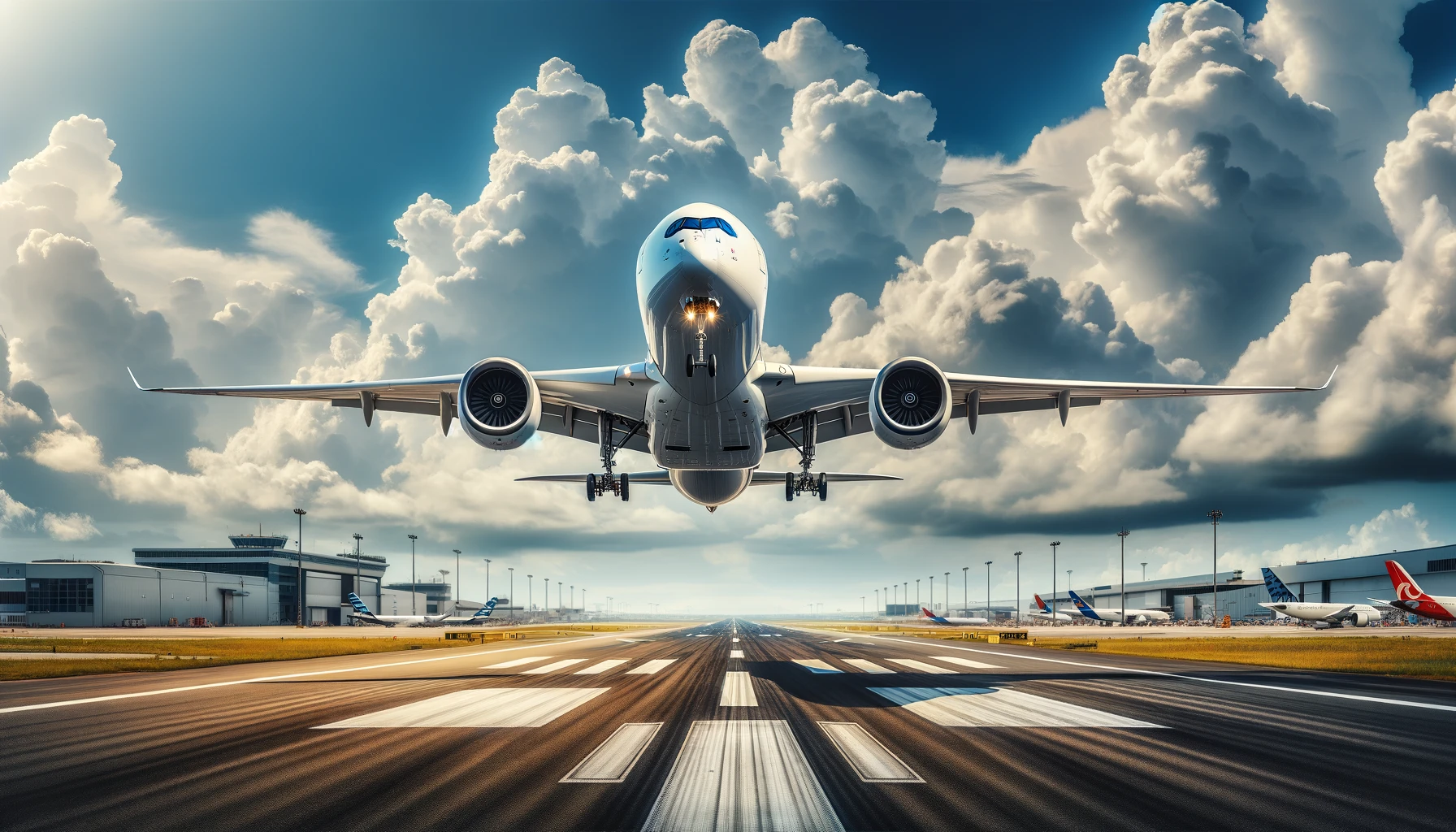Air Travel Demand is Breaking Records, But Airline Profits Are Not

Air travel demand has reached unprecedented levels this summer, yet U.S. airline profits aren’t soaring as expected. Investors are keenly anticipating Delta Air Lines’ quarterly earnings report this Thursday to gain insights into the tail end of summer.
Despite robust travel demand, rising payroll and other costs are squeezing airline profits. U.S. airlines have ramped up capacity, compelling some carriers to discount fares during off-peak periods. Delta, the nation’s most profitable airline, will set the tone for the earnings season on July 11.
Record Demand vs. Profit Challenges
Airlines are experiencing record demand and, in some cases, revenue. On a recent Sunday, the Transportation Security Administration screened over 3 million people, a single-day record. However, higher labor costs and other expenses are impacting the bottom line. Carriers have slowed or halted hiring compared to the post-pandemic hiring spree, and delays in receiving new fuel-efficient aircraft from Airbus and Boeing, compounded by a Pratt & Whitney engine recall grounding dozens of jets, further complicate the situation.
Despite these challenges, U.S. airlines have increased capacity, offering about 6% more seats this July compared to July 2023, according to aviation data firm OAG. This expansion helps keep airfares in check, but airline stocks are lagging behind the broader market. The NYSE Arca Airline Index, tracking 16 mostly U.S. airlines, is down almost 19% this year, while the S&P 500 has risen over 16%.
Uncertain Future
Raymond James analyst Savanthi Syth described the third quarter outlook for airlines as “clear as mud,” citing potential headwinds like weaker spending from coach-class passengers, the impact of the Paris Olympics on European bookings, and changes in corporate travel demand.
Breaking Pre-Pandemic Records
U.S. air travel in 2024 continues to surpass pre-pandemic levels, consistently breaking records. Some travelers opted for trips in late spring and early summer, raising questions about late-summer demand.
Delta’s Performance
Delta, considered the best-performing U.S. airline, has successfully marketed more expensive, premium seats and maintains a lucrative deal with American Express. In April, Delta forecasted quarterly adjusted earnings of $2.20 to $2.50 per share for Q2, down from $2.68 per share a year earlier. Analysts believe Delta, along with United Airlines and Alaska Airlines, has less earnings risk and better free cash flow than other carriers. Despite the sector’s overall decline, Delta and United shares are up about 14% this year through July 5, while Alaska’s are down about 2%.
Cheaper Fares
Airports are bustling this summer, but airlines’ expanded schedules, both domestically and internationally, are pushing fares down. U.S.-Europe capacity for July is up nearly 8% from last year, targeting leisure travelers. Fare-tracking company Hopper reported June average coach fares between the U.S. and Europe at $892, down from $1,065 in summer 2023. U.S. inflation data shows a nearly 6% drop in airfares in May from the previous year.
Lowered Forecasts
Despite high passenger numbers, some carriers report weaker-than-expected sales due to increased flights. American Airlines cut its Q2 revenue and profit forecasts on May 28, following a sales strategy misstep. CEO Robert Isom attributed this to a domestic supply and demand imbalance, leading to more discounting activity than a year ago. Industry capacity is expected to decrease in the year’s second half, which could help stabilize the market.
Southwest Airlines Adjustments
Southwest Airlines also cut its Q2 forecast in late June, citing shifting demand patterns. The airline faces pressure to adapt its long-profitable business model as rivals like United and Delta report strong growth from premium cabins. Southwest is trying to fend off activist investor Elliott Investment Management, which holds a nearly $2 billion stake in the carrier.
Changes at Money-Losing Carriers
JetBlue Airways and Frontier Airlines are already making adjustments. JetBlue has been cutting unprofitable flights and ensuring its high-end Mint business cabin is on the right routes. Frontier and Spirit Airlines have eliminated change fees for standard coach tickets and are offering bundled fares to include seat assignments and other add-ons.
Spirit Airlines, affected by a judge’s ruling blocking JetBlue from buying the airline and the Pratt engine grounding, recently warned that some 200 pilots might be furloughed this year. At Spirit’s annual shareholder meeting in June, CEO Ted Christie dismissed bankruptcy protection suggestions, despite a looming $1 billion debt payment in September 2025.
The airline industry is navigating a complex landscape of record-breaking demand and rising operational costs. Investors and analysts will closely watch Delta’s earnings report this Thursday for insights into how airlines might balance these challenges in the coming months.
